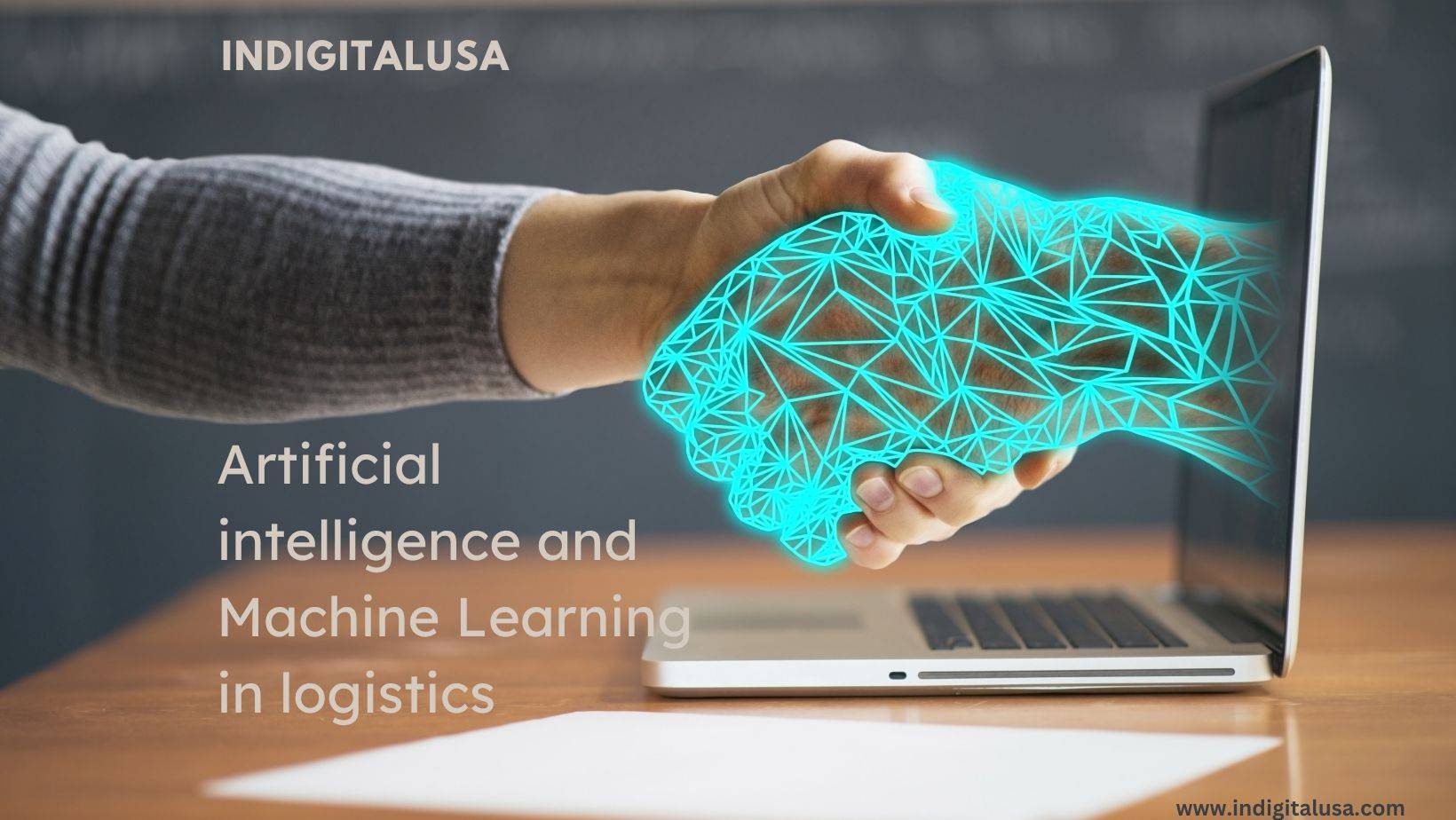Artificial intelligence and machine learning in logistics are being increasingly used in logistics to improve efficiency and reduce costs. Some examples of their use include:
- Automating the routing and scheduling of delivery trucks
- Optimizing warehouse layouts and inventory management
- Predictive maintenance of vehicles and equipment
- Improving supply chain visibility and tracking
- Identifying patterns and trends in shipping data to improve forecasting and demand planning
- Automating freight pricing and carrier selection
By using Artificial intelligence and Machine Learning in logistics companies are able to make data-driven decisions, reduce human error, and improve overall performance. This can lead to cost savings and increased efficiency, which can ultimately benefit both the company and its customers.
Examples of Artificial intelligence and Machine Learning in logistics
- A proposed electric pickup truck called the Tesla truck created by Tesla, Inc. Elon Musk, the company’s CEO, initially revealed it in 2018, and its debut is anticipated soon. The truck will supposedly be able to pull up to 14,000 lbs and have a range of more than 500 miles per charge. A futuristic appearance and sophisticated autonomous driving capabilities are further characteristics. The business hasn’t yet publicly verified the Tesla truck’s exact specs, features, or delivery date.
- A logistics centre that makes use of artificial intelligence (AI) and other cutting-edge technology to streamline and automate different logistical operations is called s an AI-based logistics port. This might involve things like managing inventory, moving freight, and transportation. A logistics port could employ several AI-based technologies, for example:
- Machine learning algorithms for forecasting demand, predicting equipment failures, and optimizing routes.
- Robotics and automation for cargo handling and transportation.
- Computer vision for object recognition and tracking industry 4.0.
- Internet of Things (IoT) sensors for monitoring and tracking cargo and equipment.
- Software that use artificial intelligence (AI) and other cutting-edge technologies to automate and improve various logistics operations is known as AI-based supply chain management software. This might involve activities like supply chain optimization, inventory management, logistics planning, and demand forecasting. A few instances of AI-based technologies that included into supply chain software are as follows :
- The goal of AI-based supply chain software is to increase efficiency, reduce costs, and improve overall supply chain performance. It can also help organizations to make more informed and accurate business decisions, by providing accurate and real-time data analysis.
- Natural Language Processing (NLP) for automated invoice processing and purchase order creation.

[…] Artificial intelligence can quickly scan units as they move through the production process, catching faulty products, thanks to sensors and cameras. […]
[…] Systems – A multinational ai technology company, they import and export networking equipment, software, and […]